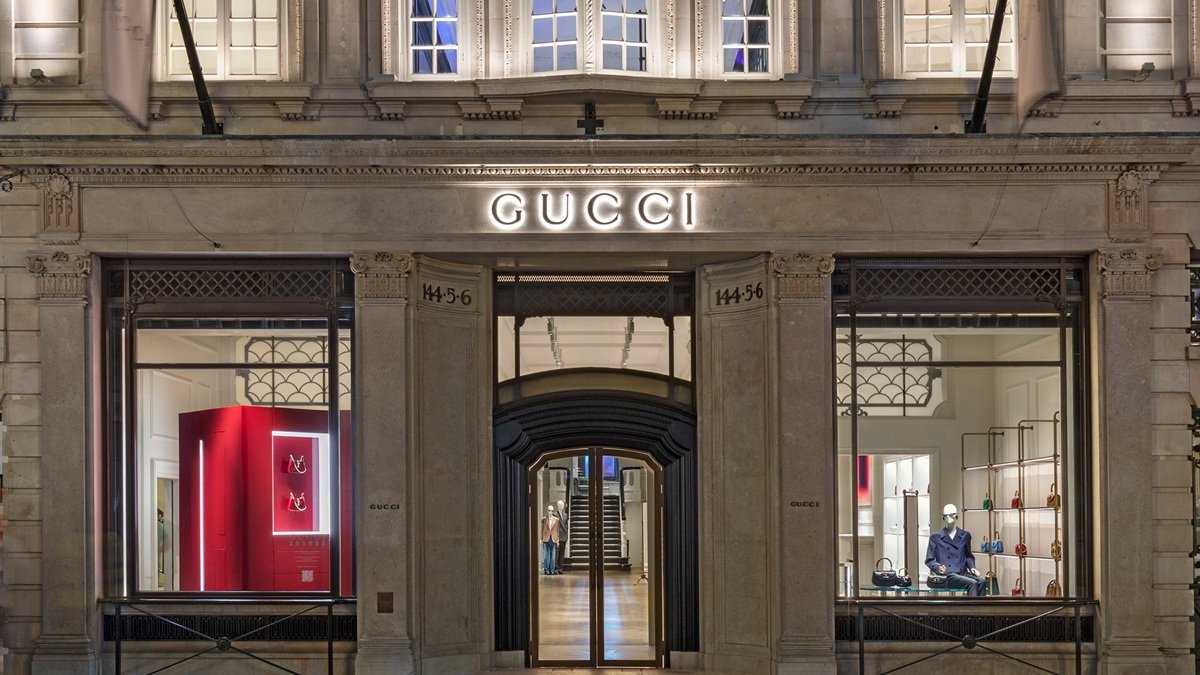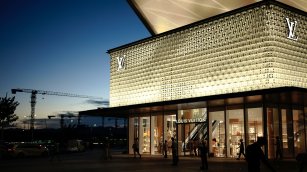Luxury’s Economic Weight Grows: €985B in Sales and 5% of Europe’s GDP in 2024
According to the Eccia report, European luxury goods already represent 5% of the EU’s GDP and employ more than two million people. The figures in the communiqué represent a warning about commercial risks and proposes measures to the EU.


The industry closes 2024 generating €985 billion in Europe, consolidating its weight in the continental economy. This is confirmed by the latest report of the European Cultural and Creative Industries Alliance (Eccia), with the support of Bain & Company, presented to the European Parliament and disseminated in Spain by the Circulo Fortuny, its only national member.
The high-end represents 5% of European GDP, leads 70% of the world market and supports more than two million jobs. In addition to its economic dimension, the sector stands out as a driver of tourism, innovation and heritage. The global luxury market is expected to reach between €2 trillion and €2.5 trillion by 2030, but faces threats: geopolitical tensions, protectionist policies and an alarming shortage of skilled craftsmen.
Michael Ward, president of Eccia, warns that “tariff barriers threaten to slow global demand, drive up costs and force companies to rethink their supply chains.“ The United States and China, which account for 35% to 45% of the sector’s revenues, thus become hotspots. Since 2029, the sector has created 160,000 new jobs in Europe.
European luxury could reach €2.5 trillion euros globally by 2030
Strengthening trade, facilitating visas, combating counterfeiting and promoting sustainability are among the five key recommendations that Eccia is making to the EU institutions. The industry already invests 5% of its revenues in training and up to 3% in sustainability and innovation, and is calling for a regulatory framework that respects its production cycles and its need for stability.
The defense of intellectual property also figures prominently in the report. The alliance calls for improved enforcement of the Digital Services Act and demands more ambitious legal measures to combat counterfeit products. It also calls for the strengthening of authorized distribution networks to preserve excellence and consumer safety .
Currently the luxury sector already accounts for 11.5% of European exports. “European luxury is a strategic pillar of our economy and a global ambassador of our culture,“ argues Xandra Falcó, president of Circulo Fortuny. “To protect it is to ensure employment, tourism and reputation for Europe.“
Since 2011, Circulo Fortuny has been a member of Eccia along with six other European luxury associations. Together, they represent more than 600 brands and companies. In addition to strengthening the sector’s international recognition, they work to promote public policies that ensure its long-term sustainable growth and guarantee its ability to continue contributing cultural, economic and social value.















